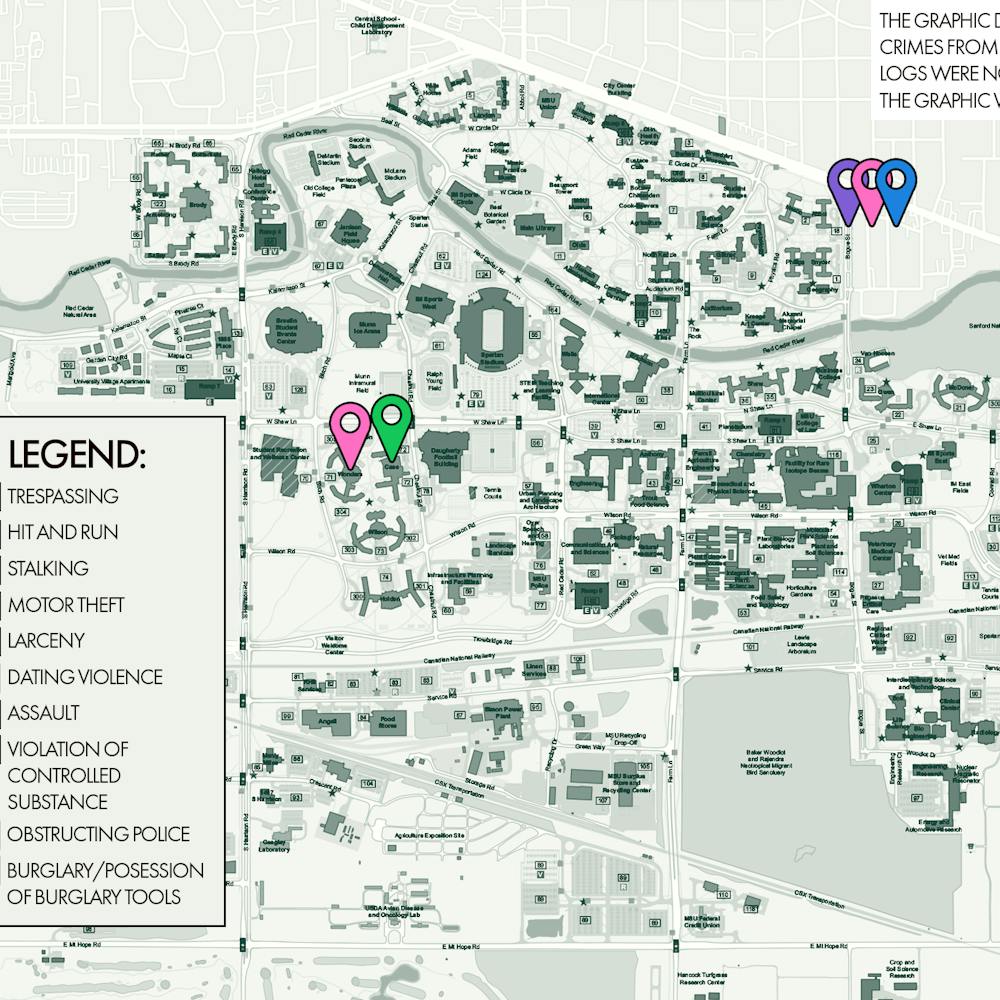Students shouldn’t be peppered with survey questions while eating at a MSU cafeteria.
The method in which a survey was given to MSU freshmen by the Department of Residence Life on the first day of class while they ate in the cafeterias could have been better.
Eighteen percent of freshmen returned the survey, which was distributed throughout each residence hall cafeteria and covered a wide range of issues, including drinking, campus groups and money.
Surveying freshmen so early in the semester is premature. What seems like a good answer at first may seem unreasonable once a student becomes adjusted to the university.
Freshmen do not always know what academic support or campus groups are available to them, so their predictions could be based on uneducated assumptions.
A freshman’s first day of class is a very stressful time. Freshmen are starting a new chapter of their lives and are unfamiliar with their surroundings and schedule. It is not surprising that 43.8 percent of those surveyed thought they would likely feel overwhelmed in their first year.
Many incoming freshmen are unaware of the realities of college life, so it is obvious that their expectations will not be accurate when the follow-up survey is issued in November. What a first-year student expects says nothing about what he or she needs to improve. It only reflects presumptions that students carry with them into the university.
Instead of surveying a freshman’s predictions about college life, the department should survey upperclassmen about what they actually did during their freshman year.
The department also should have held off with the initial survey until this month, when a follow-up survey is planned, instead of distributing a second. Even if it truly thought the results of these two separate surveys would yield useful freshman information, the two surveys will not have the same group returning them, so the results could be inconsistent.
If the department feels it is necessary to survey a second time, it must attempt to retain the same students previously polled. The new data collected also will show how accurate the opinions of the freshmen were after they have had time to reevaluate university life.
With specific questions asked later in the semester, the department could determine the specific reasons students feel overwhelmed. For example, more specific questions, such as what campus groups could do to improve or how faculty members could make themselves more available for assistance, could be asked.
Mentors, formerly called resident assistants, should distribute the surveys to their floors to find out specific problems. Mentors could then report results that represent the feelings of the students in their hall.
If the department intends to yield helpful results, it should avoid the cafeteria and give the survey to students who have attended MSU long enough to know what its problems are.






